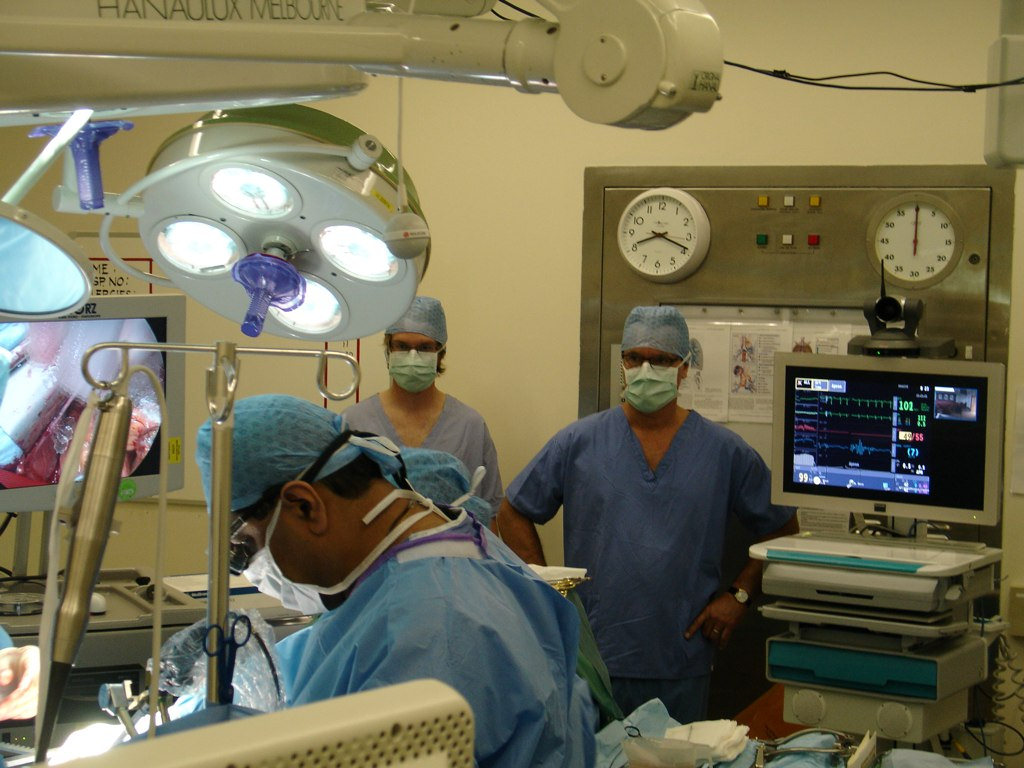Backstage
Menu
OVID CAPITA insights
|
The Abraaj Group established a US$1 billion healthcare Fund to help meet the goals of SDG 3 – ensuring healthy lives and promoting well-being for all. This Fund brings together a range of partners, including healthcare technology companies, foundations, development financing institutions and institutional investors, to fundamentally address and impact poor healthcare outcomes in Africa and Asia.
For every 10,000 people in the world, there’s an average of 15 doctors. In Ethiopia, the figure is 0.2. And for that East African country, the lack of resources doesn’t just stop with doctors. The numbers are also bleak in other areas: two nurses per 10,000 people, compared to a global average of 33; two hospital beds, versus 27 for the wider world; and just 10 births attended by skilled personnel, far short of the average of 67 achieved across the planet, and a fraction of the US or UK’s average of 99. Ethiopia is just one example. From Nigeria to Bangladesh, Kenya to Pakistan, low- and middle-income countries trail their richer counterparts on healthcare provision. And the outcomes are serious. Nigeria has an infant mortality rate of 69 per 1,000 live births, according to World Bank data; in the UK, it’s 4. In India, 174 mothers die per 100,000 live births; in the US it’s 14. Academic research suggests 22.6 million DALYs (disability-adjusted life years) were lost due to unsafe hospital care in 2009, two thirds of them in low- and middle-income countries. There are economic consequences too: the World Bank says almost a million Kenyans are pushed below the poverty line annually by medical bills. So what can be done? A lot, in fact. At Abraaj, we believe that transformative change in healthcare eco-systems is possible – and the investment community has a crucial role to play. Consider this: Our healthcare strategy is focused on improving care in the fields of non-communicable disease and mother and child health in 10 cities, including Lagos, Hyderabad, Karachi, and Nairobi, which together represent a total population of close to 50 million people. Recognizing that existing health systems are hampered by weak funding, infrastructure and skills, we, along with our partners in the Fund, have adopted an integrated approach by creating networked ‘ecosystems’ of facilities from tertiary hospitals to labs and imaging centers that can work together to make the most of the resources they have. By connecting facilities and personnel across specialties and geographies, for example through telehealth and doctor exchange programs, the idea is to find synergies that can boost the quality of care while saving both providers and consumers precious funds. In addition to developing a physical network of primary, secondary and tertiary care facilities, we are also investing in preventative health measures at the community level through programs such as a free non-communicable disease screening program. This program, which is administered in Kenya by a dedicated staff of specially trained Clinical Officers, combines proven algorithms such as the Q Risk Series into a single app-based screening tool that assess a patient’s medium and long-term risk of, among other conditions, Type II diabetes and hypertension. This program has already reached over 35,000 patients in Nairobi alone and is set to expand to India, Pakistan and Nigeria ecosystems in the coming months. We and our partners remain committed to achieving our goal of impacting 10 million lives through a network of over 30 hospitals comprising nearly 5,500 beds by 2020. Building on the early gains made so far, and through the diverse forms of partnership that continue to accelerate our progress, we move ever forward in realizing this goal now and in the years to come.
0 Comments
|
BUSINESS SECTOR |
© 2022 Ovid Capita
Berkeley Square House, Berkeley Square, London W1J 6BE Tel: +44 203 239 6636 Contact: [email protected]
Berkeley Square House, Berkeley Square, London W1J 6BE Tel: +44 203 239 6636 Contact: [email protected]

 RSS Feed
RSS Feed